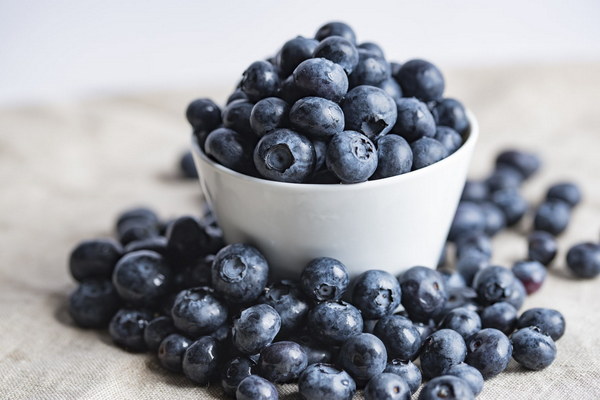Optimizing Nutrition How Fitness Athletes Can Supplement Their Vitamins for Peak Performance
Introduction:
Fitness athletes often push their bodies to the limit, and maintaining optimal health and performance is crucial. While a balanced diet is the foundation of a successful fitness journey, supplementing with vitamins can provide additional support. This article explores how fitness athletes can effectively supplement their vitamins to enhance their performance and recovery.
1. Understanding the Importance of Vitamins:
Vitamins are essential nutrients that play a vital role in the body's overall health and performance. They are involved in numerous bodily functions, including energy production, muscle recovery, and immune system support. While the body can produce some vitamins, others must be obtained through diet or supplements.
2. Common Vitamins for Fitness Athletes:
a. Vitamin D: Essential for bone health, muscle function, and immune system support. It is often found in fortified foods, fatty fish, and sunlight exposure.

b. Vitamin C: An antioxidant that supports immune function, collagen synthesis, and muscle recovery. Citrus fruits, berries, and bell peppers are excellent sources.
c. Vitamin E: Another antioxidant that protects cells from damage and supports muscle recovery. Nuts, seeds, and leafy greens are rich in vitamin E.
d. Vitamin B12: Crucial for red blood cell production and energy metabolism. Meat, fish, dairy, and fortified cereals are good sources.
e. Calcium: Important for bone health and muscle function. Dairy products, leafy greens, and fortified foods are high in calcium.
3. Choosing the Right Supplements:
a. Quality Matters: When selecting vitamin supplements, prioritize quality and purity. Look for supplements that have been third-party tested and meet industry standards.
b. Dosage: Follow the recommended dosage on the supplement label. Overdosing on vitamins can lead to adverse effects.
c. Individual Needs: Each athlete's nutritional requirements may vary. Consult with a healthcare professional or nutritionist to determine the best supplement regimen for your specific needs.
4. Timing of Vitamin Intake:
a. Pre-Workout: Taking certain vitamins before a workout can enhance performance. For example, vitamin C can increase the absorption of iron and improve energy levels.
b. Post-Workout: After a workout, replenishing vitamins like vitamin C, B12, and calcium can aid muscle recovery and reduce inflammation.
c. Throughout the Day: Consistently incorporating vitamins into your daily routine ensures that your body has a steady supply of essential nutrients.
5. Balancing Diet and Supplements:
While supplements can fill nutritional gaps, a balanced diet remains the cornerstone of an athlete's nutrition plan. Incorporate a variety of fruits, vegetables, whole grains, lean proteins, and healthy fats into your meals to maximize the benefits of vitamin supplementation.
Conclusion:
Supplementing vitamins is an essential aspect of a fitness athlete's nutritional regimen. By understanding the importance of vitamins, choosing the right supplements, and balancing diet and supplementation, athletes can optimize their health and performance. Remember to consult with healthcare professionals or nutritionists to tailor your vitamin regimen to your specific needs and goals. With the right approach, vitamins can be a valuable tool on your fitness journey.









